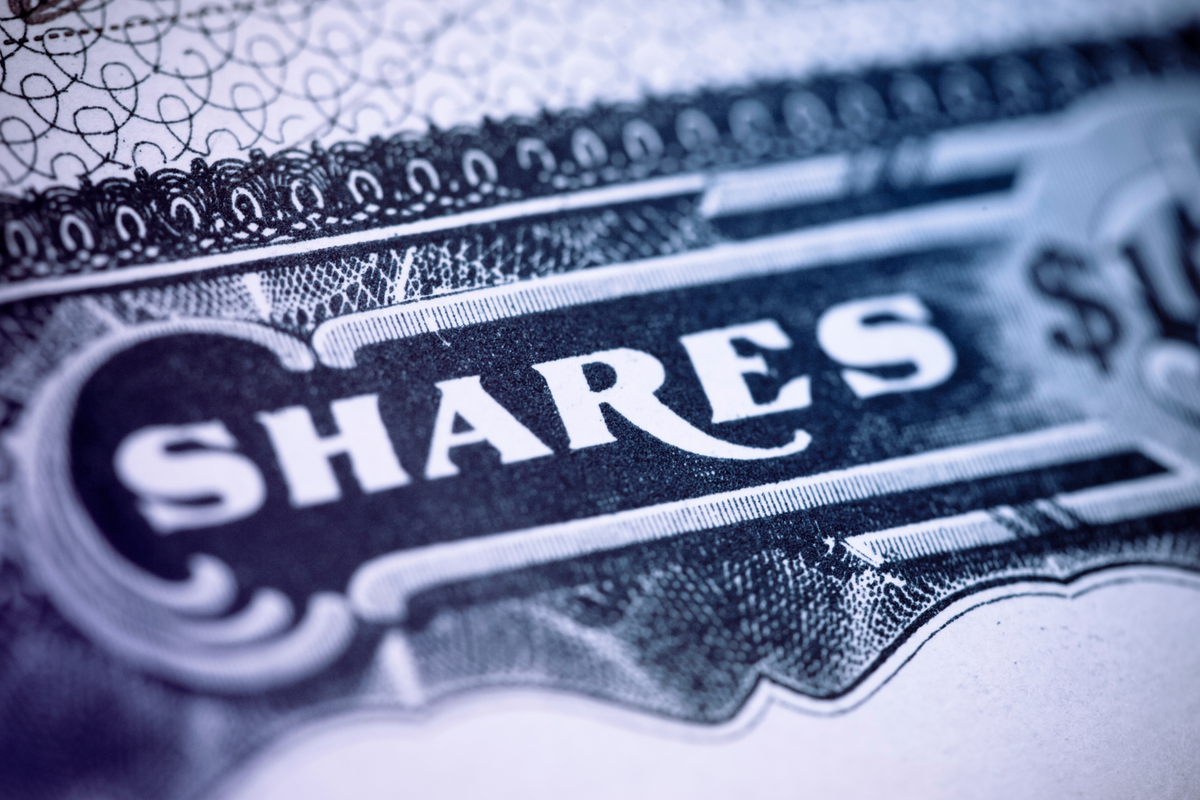Return of capital
Return of capital sounds like a dividend, but it's something pretty different for tax purposes. A return of capital is not a regular payment. Rather, it's a payment made during major episodes like restructuring or massive accumulations of excess cash. This payment serves to reduce the cost basis for your stocks, effectively lowering your initial purchase cost. For example, if you bought stock in XYZ, Inc. for $50 per share and then later received a return of capital for $30 per share, the true cost of your stocks would be reduced to $20 per share.
Stock buybacks
Stock buybacks might not seem like a shareholder distribution, but they can be considered one, too. This is because, rather than giving you money directly, the company is making a solid move toward increasing the value of your stocks by removing some amount from circulation. Provided you keep your stocks during the process, you should experience an increase in stock values through a stock buyback.
Dividends versus shareholder distributions
Regular dividends are not considered the same as shareholder distributions because they're kind of baked into the stock's incentive structure and determined ahead of time to occur at a regular frequency. Holders of dividend stocks expect the dividends to come, and they're part of the equation when they're trying to choose a stock.
Shareholder distributions, on the other hand, happen irregularly, due to an excess accumulation of cash that's not needed elsewhere in the business. They may come in the form of a special dividend, but this is not the same as a regular dividend, and investors don't know that this is coming when they make their decisions to invest. They're more like rewards for being loyal shareholders.




















